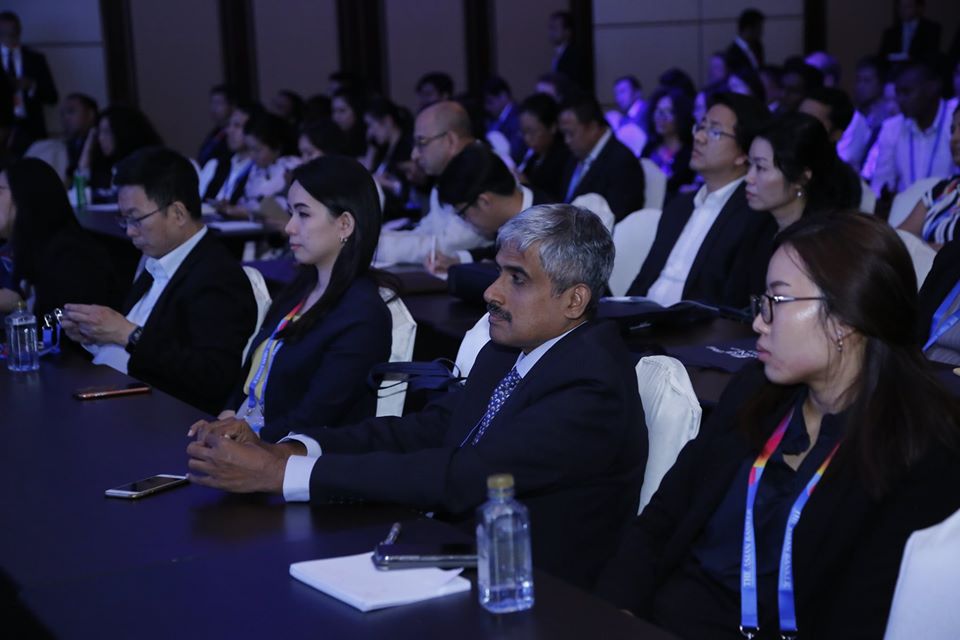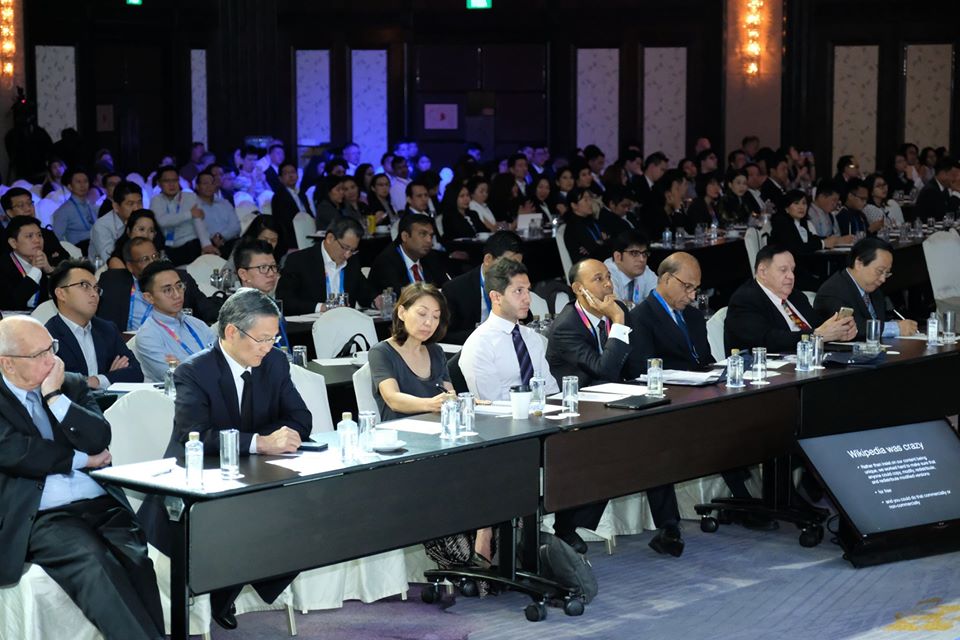Interview with Jimmy Wales
Co-founder of Wikipedia
17-18 June 2020, Shangri-La, Kuala Lumpur, Malaysia
Meet the most successful global players, innovators, disruptors and thought leaders in payments, supply chain, correspondent networks and transaction banking today
Key dialogues on business models and disruptions that will fundamentally transform the payments landscape
Transaction finance practitioners and business heads in key dialogues covering transformational issues in the financial service industry
In 2019, a series of geopolitical and macro financial risks added elements of uncertainty in corporate decision making as the adverse impact of trade and technology tension started to impact market and the overall industry sentiments. The United States and China may have gradually edged toward a partial trade deal but uncertainty still lingers on for corporates and their partner banks, as they collectively tread the path of changing technology dynamics, regulations and new service providers that are challenging the existing business models and relationships.
The ever-growing need for corporates to manage working capital, liquidity and risks and their own customers has driven transaction banks to make heavy investments into new technologies so as to keep with real-time payments. Alongside the traditional products of cash and working capital management, there is a huge demand for value-added services, unlikely to be fulfilled if one works in siloed environment.
Introduction of real-time payment schemes in several markets have influenced consumer choices, and such expectations will drive the growth of new payment market infrastructures around the world to seek greater network connectivity between them. Although it is a positive development as it creates opportunities, it also adds significantly to the underlying cyber-technology risks as financial institutions must monitor and control those in real-time.
Moreover, as regional corporates seek global ambitions, transaction banks have in the past, increasingly partnered with one another to provide bundled solutions that deliver coverage based on old rails. But this is changing rapidly and consequently attracting attention of non-bank providers to take over parts of value chains, underserved or poorly served by incumbents. This movement resulted in greater prospects for institutions to ‘collaborate and thrive’. Stronger together, they are harnessing the power of ecosystems to turn disruption into opportunity.
The ‘Global Transaction Finance Reinvented’ conference, part of the Future of Finance Summit, provides a platform for a dialogue between experts from global and regional banks, alternative players, regulatory organisations and new technology providers to discuss the latest trends and offer best practice solutions to stay ahead of the curve.






